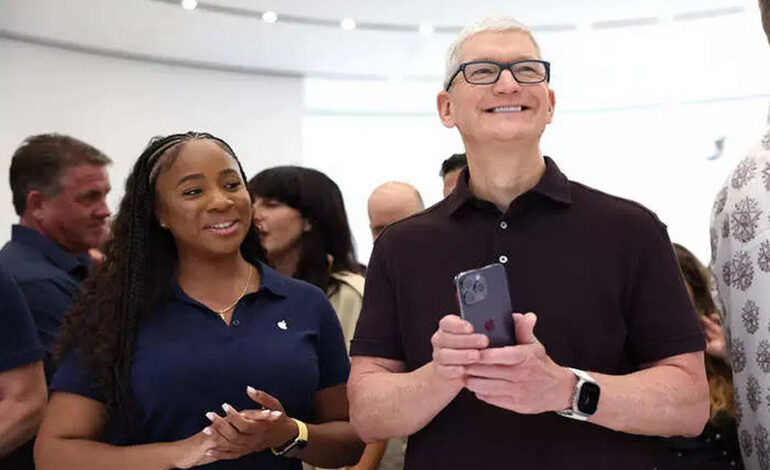Apple’s Response to Legal Challenge

Addressing Threats to Innovation
Apple finds itself embroiled in a significant legal battle following a lawsuit filed by the US Department of Justice and 16 attorneys general. The lawsuit alleges anti-competitive practices by Apple, particularly in cementing the dominance of its iPhone in the US smartphone market. However, Apple warns that the outcome of this case could have far-reaching consequences for the technology industry and its ability to innovate.
Consequences of Legal Victory for DOJ
Apple asserts that a successful outcome for the Department of Justice (DOJ) in this lawsuit could hinder its ability to develop cutting-edge technology that meets consumer expectations. The company fears that government intervention in the design process could compromise the integration of hardware, software, and services that define Apple’s products. Moreover, Apple cautions against setting a precedent that grants excessive regulatory power over technology companies.
Drawing Parallels with Microsoft Case
While comparisons have been drawn between Apple’s current situation and Microsoft’s legal battles in 1998, Apple emphasizes distinctions in its approach. The tech giant argues that its restrictive ecosystem aims to uphold high standards of privacy, security, and performance for its users, rather than solely serving corporate interests. Apple contends that maintaining control over its platform is essential for preserving these standards.
Areas of Legal Focus
The DOJ’s lawsuit highlights five key areas where it alleges Apple impedes competition: super apps, cloud streaming apps, messaging services, smartwatches, and digital wallets. Apple maintains that it welcomes competition but insists on protecting user privacy and maintaining a seamless user experience. However, prosecutors note Apple’s tendency to impose significant fees on third-party developers.
Outlook and Implications
While the DOJ hopes for a similar outcome to Microsoft’s case in stimulating competition, Apple expresses skepticism about the potential benefits. The company warns that a loss in this legal battle could stifle innovation in the tech industry and ultimately harm consumers by limiting choice and innovation.
As the legal proceedings unfold, Apple remains steadfast in its defense of its practices and its commitment to technological advancement while grappling with the implications of this high-stakes legal challenge.









